Five years ago, Paris was named the host city for the 2024 Olympics. How the country celebrated. No one more than its fresh-faced president Emmanuel Macron. ‘I salute this success and the tremendous opportunity that the Games represent to assist in the transformation of our country,’ he declared.
Macron was speaking in a wider context, too. The Olympics was one strand of what he envisioned as a whole-scale transformation of the republic into a start-up nation, a modern, harmonious and prosperous country.
How has that worked out, Monsieur Le President? France has never been so divided. The raucous National Assembly – where the left and the right holler and jeer at each other – is representative of the bitter tribalism taking root across the country.
While enthusiasm for the Games has diminished since 2017, the budget has gone in the other direction. Back in 2017, the Paris organisers set a budget of €6.6 billion (£5.5 billion) for the Olympics. They were adamant that they wouldn’t go down the same ruinous route as the previous three hosts, Rio, London and Beijing, all of whom saw their initial budgets dwarfed by the final bill. In London’s case, what had started with a £2.4 billon budget ended up costing £8.7 billion.
Earlier this week, Jean-Pascal Gayant, a sports economist, warned that the final cost of hosting the Paris Games is likely to be around €9 billion (£7.5 billion). It could be more given the galloping inflation and the rising costs of building materials. For a country whose national debt is 112 per cent of its GDP, these are serious sums.
Still, on the plus side, this week the Paris Games unveiled the official slogan: ‘Games Wide Open’, set to a video which promised the 2024 Olympics will be ‘more inclusive, more brotherly, more beautiful’. According to Le Monde, this inclusiveness will have a particular ‘emphasis on LGBTQ rights, gender equality and disabled rights’.
France has avoided the worst excesses of identity politics, but Macron does love to grandstand on the global stage. The chance to portray himself as a champion of progressive ideals is too appealing to pass up. The organisers this week extended ‘an invitation to the entire world to come to experience new emotions’.
The last time a global sports event received such an invitation it didn’t quite go according to plan. The overriding emotion felt by Liverpool and Real Madrid fans as they attended May’s Champions League final in Paris was one of fear; first gassed by the police and then mugged by gangs of local thugs. It was, declared opposition MPs, a ‘national humiliation’. For some it was conclusive evidence that France is incapable of hosting the Olympics.
One intellectual has even written a book on why France shouldn’t host the Games; another, philosopher Alain Finkielkraut, recently declared that Paris wan’t up to the job of mounting a security operation of the scale required to ensure the safety of spectators and athletes. The ‘City of Light should thus withdraw,’ he concluded.
That won’t happen, of course, and the authorities are confident the Games will go smoothly. But to be on the safe side, between 7,000 and 11,000 police will be on duty each day; 20,000 private security agents will also be employed for the duration of the Games, which run from July 26 to August 11, and are expected to attract upwards of 13 million visitors to France.
Will this suffice? In a radio interview this week, Stanislas Gaudon, the secretary of a police union, admitted his members are ‘worried’ at the scale of the task, not just for the Olympics – the venues of which are spread around the country – but also the Paralympics that follow. One can understand his apprehension. Law and order continues to break down in France. This month alone, three young men were stabbed to death in Angers, and three policemen were set upon by a mob of shoppers as they tried to make an arrest in Lyon.
In overall charge of security will be the new Paris prefect, Laurent Nunez, the successor to Didier Lallement, who left his post in the wake of the Champions League fiasco. ‘Two things make up a successful Olympic Games,’ he said recently: ‘To win medals and to organise this event well. Let’s leave it to others to win medals, we will take care of organising this event well.’
Macron convened a meeting on Monday at the Élysée Palace to discuss the Games and one of the pressing issues was his ‘ambitious vision’ for an opening ceremony that breaks from tradition. Instead of being staged in the main Olympic stadium, the ceremony will see athletes paraded in a flotilla down the River Seine.
One can only hope the boats don’t founder the way France is under Macron’s governance.
Got something to add? Join the discussion and comment below.
Get 10 issues for just $10
Subscribe to The Spectator Australia today for the next 10 magazine issues, plus full online access, for just $10.


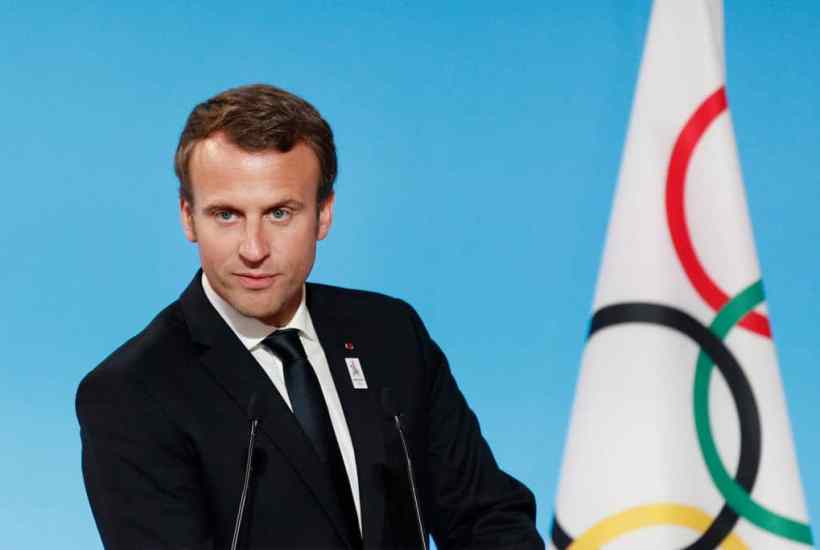
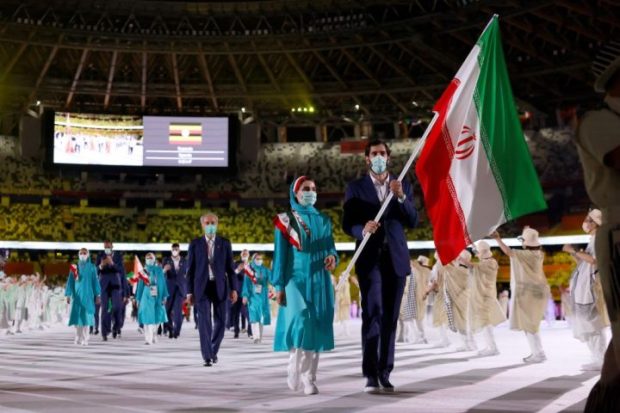
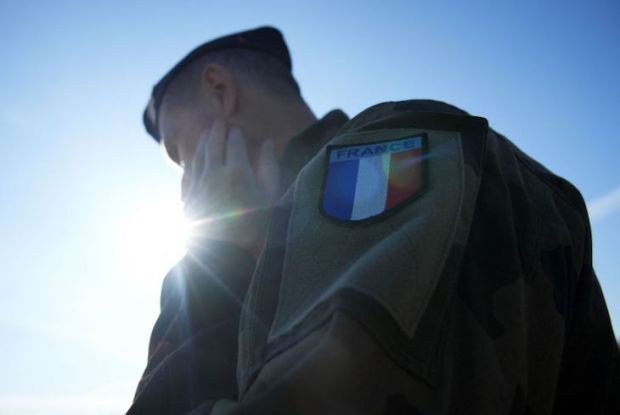
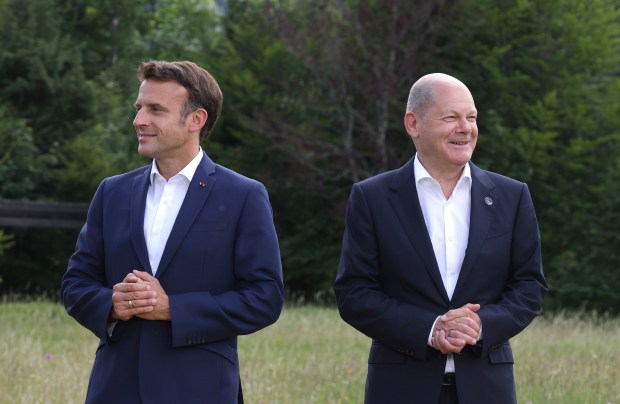
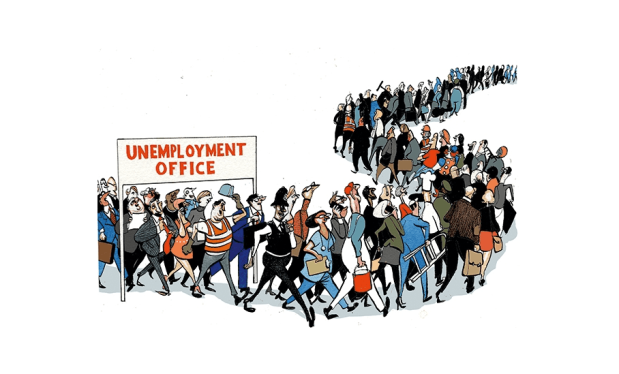
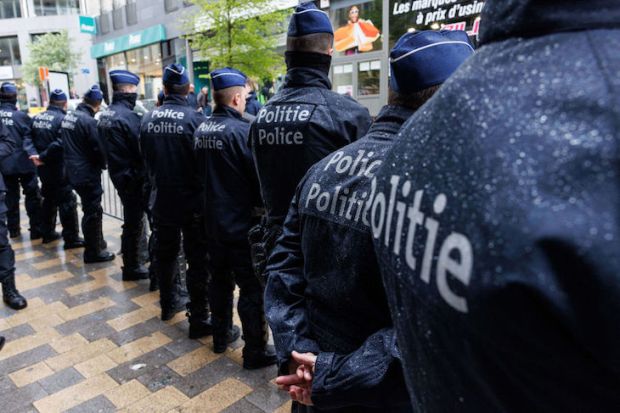
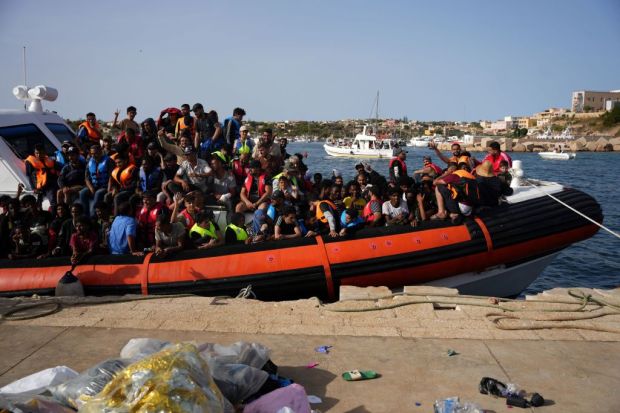












Comments
Don't miss out
Join the conversation with other Spectator Australia readers. Subscribe to leave a comment.
SUBSCRIBEAlready a subscriber? Log in